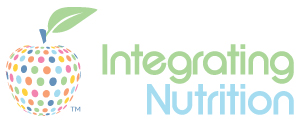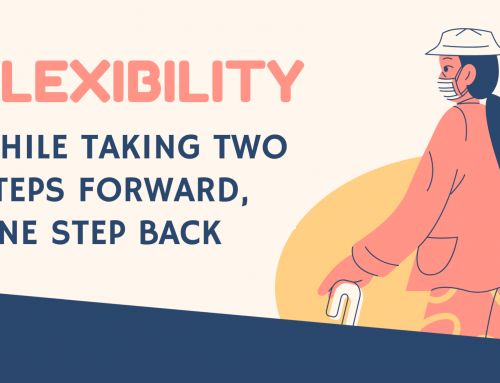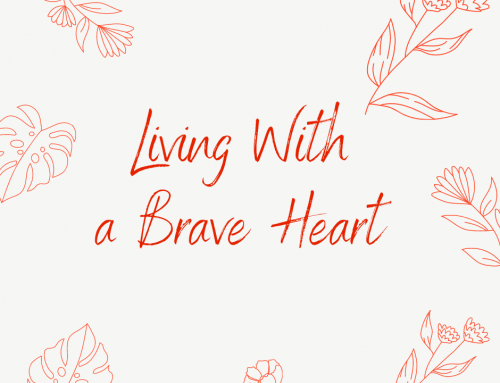Though the calendar does not necessarily agree with me, I have always considered September to be the beginning of the year. After all, it’s when the new school year begins. Summer holidays are over. It’s the beginning of Autumn—this year, ushered in under a full harvest moon—arguably the most beautiful season of the year in my part of the world. When I was a kid, September was also when the new TV season began. And it is when the Jewish New Year takes place. (Not incidentally, it’s also the month of my birthday.) So if this month’s blog has a particularly “things are starting anew” vibe, you’ll understand why.
Yet if things are starting anew right now, they are starting anew in a time of uncertainty. This month began with the last vestiges of Hurricane Ida blasting through our area, a harsh reminder of the threat of an ongoing hurricane season. CoViD-19 is still an unwelcome presence in our world. And things are still as socially and politically fractious as ever. So it is in this context that we try to step into the daily rhythms of something like “normal” life.
School.
Work.
You know, the ol’ routine.
AN IMPORTANT LIFE-SKILLS TOOL
As is keeping with this year’s blog theme, flexibility is an important tool with which to navigate these days. But something just as important—as the Boy Scouts say—is being prepared. This is true in trying times. This is also true during times of relative stable serenity. This is true for people who dance through life with nary a care in the world (if such people even exist!) This is true for people responsible for the care and feeding of children. And this is especially true for people struggling with eating issues.
WHY FOCUSING ON BEING PREPARED IT SO CRITICAL
There is a cliché that goes, “when you fail to prepare, you prepare to fail.” (To be honest, I’ve always found that expression a bit condescending.) But the saying does contain more than a grain of truth. It reminds us that it is easier to achieve something you wish to achieve if you have a strategy in place. Having a strategy in place includes having all relevant elements ready for use. Being prepared makes day-to-day functioning easier.
BEING PREPARED IS SELF-SUPPORT IN ACTION.
When it comes to, say, running a home or business, it is easy to see how good preparation can be helpful. If you have a working pen by your phone, you don’t need to tell a client sharing critical information to wait while you dig through your drawers for something to write with. If you make sure you have enough printer paper, you won’t have to waste effort by jumping in your car and running to Kinkos to get that big report out. If you know what you’re going to make for dinner and have all the ingredients handy, you won’t be scrambling madly through your pantry at 4:30 looking for anything to slap together before mealtime.
Here’s an obvious fact: In order to maintain a healthy relationship with food, people who are navigating life with eating and food-relationship concerns must put more effort into preparation than the people without these issues. The same is true for people responsible for other people; say parents caring for children. For children, trusting that the world around them is predictable and dependable promotes a sense of trust and security. Fostering that same sense of security is an important aspect of self-care for the rest of us, too. Feeling unprepared tends to make one feel unnecessarily anxious. (No one likes that “showing-up-at-class-without-my-homework” feeling!)
MAINTAINING GOOD PREPARATION SKILLS BENEFITS MORE THAN OUR FEELINGS
Of course, when it comes to working through eating and food issues, consistent preparation is a major indicator of success. I recommend performing advance meal and snack prep twice a week, and sticking to it. This routine includes creating a menu and then procuring all the ingredients. Set up one major food shop a week, and then a smaller one to fill in additional perishables three or four days later. The more planning that is done in advance, the easier it is to maintain a workable eating strategy. For example, buy or prepare six grilled chicken breasts. Wrap each one individually and place them in the freezer; that way there is always something to defrost to go in a sandwich, dice into a salad, shred inside a taco. Another food-prep example is to keep cut, pre-washed veggies in a clear container at eye-level in the fridge, perhaps with some guacamole or hummus nearby. That way anyone looking for a snack will have something healthy at their fingertips. This method can scale up to fit a family of any size.
LACK OF BEING PREPARED PUTS US AT RISK TO SLIP INTO OLD, ADVERSE HABITS
By using forethought to make sure we are able to satisfy needs—both our needs and the needs of others—we are keeping important, often healthful commitments. Because when we are confident that our critical basics are handled, our focus is freed for other things… such as enjoying this wonderful, colorful season!





